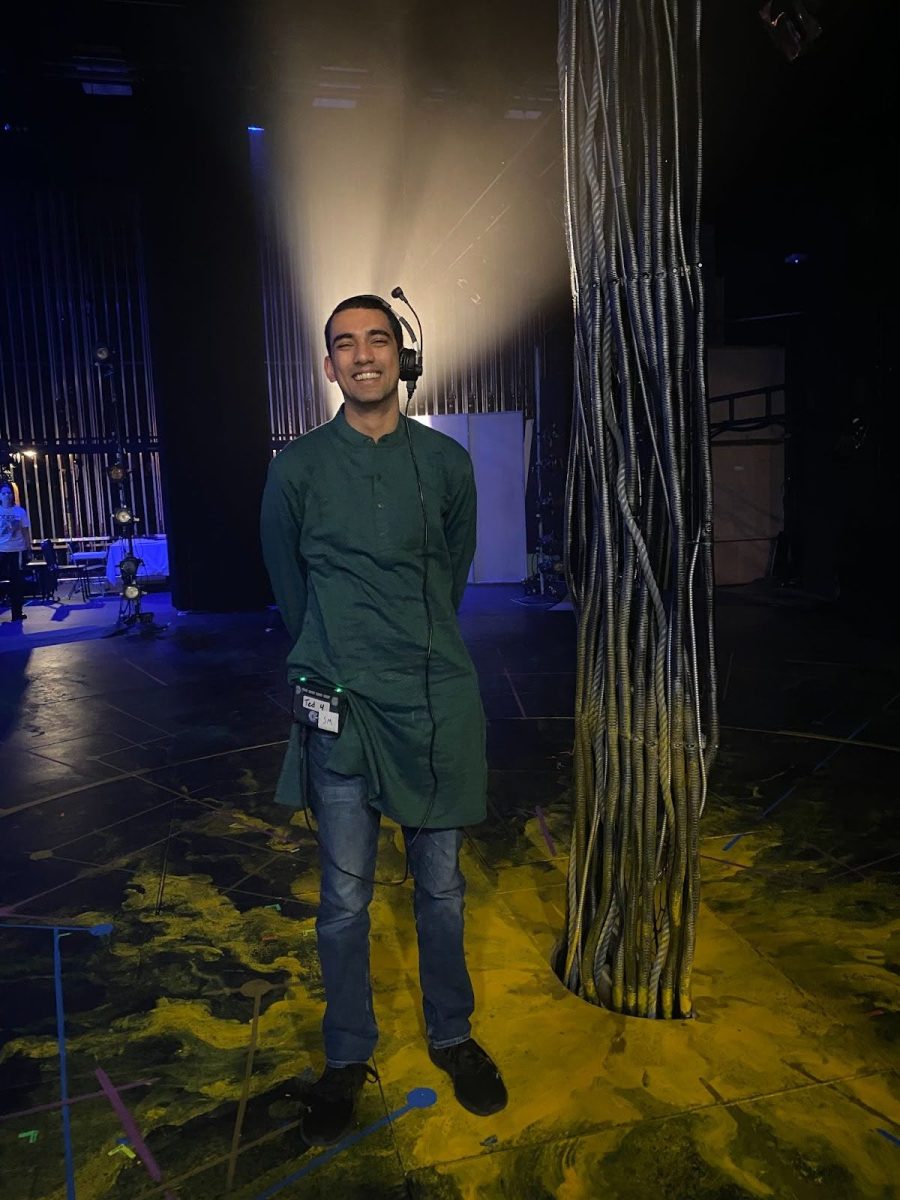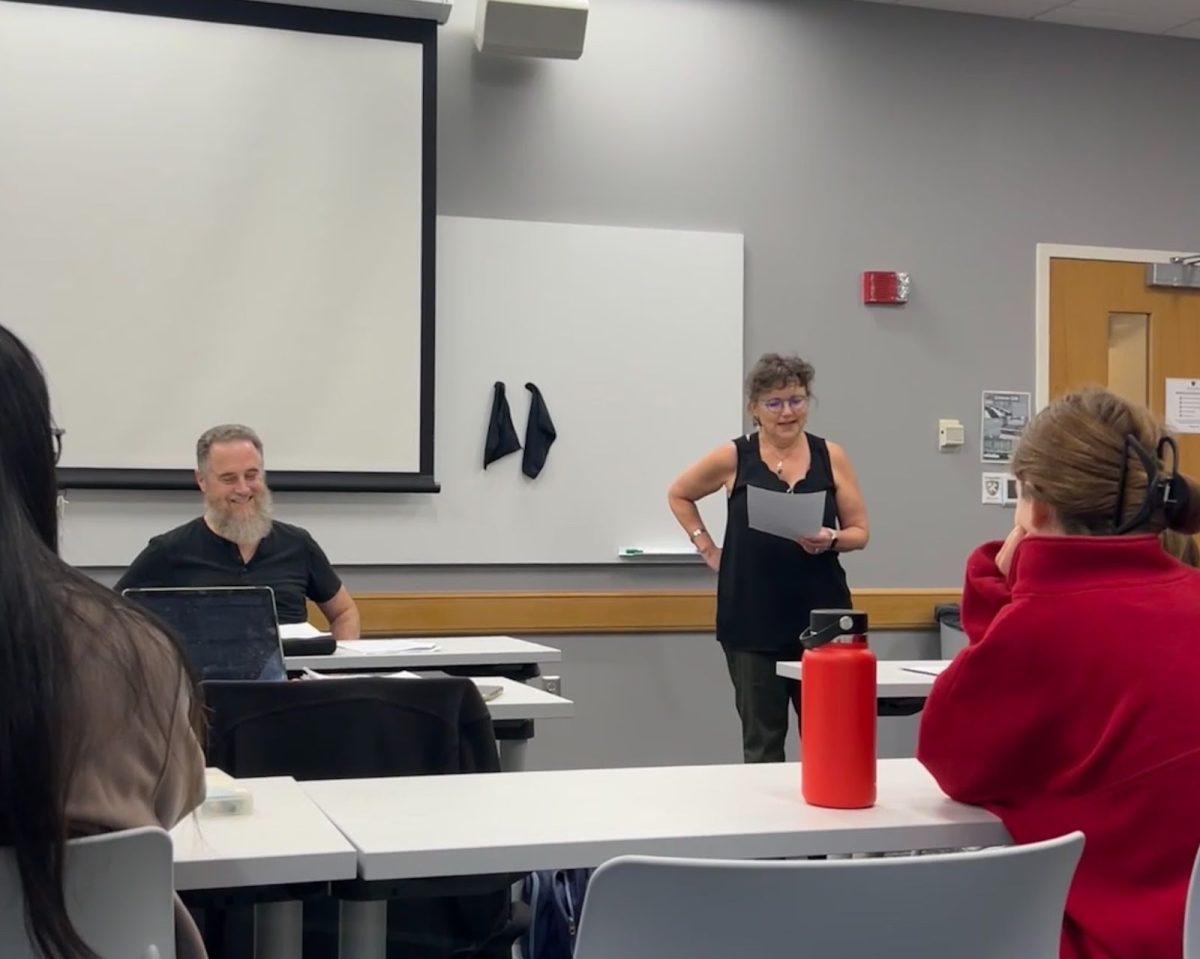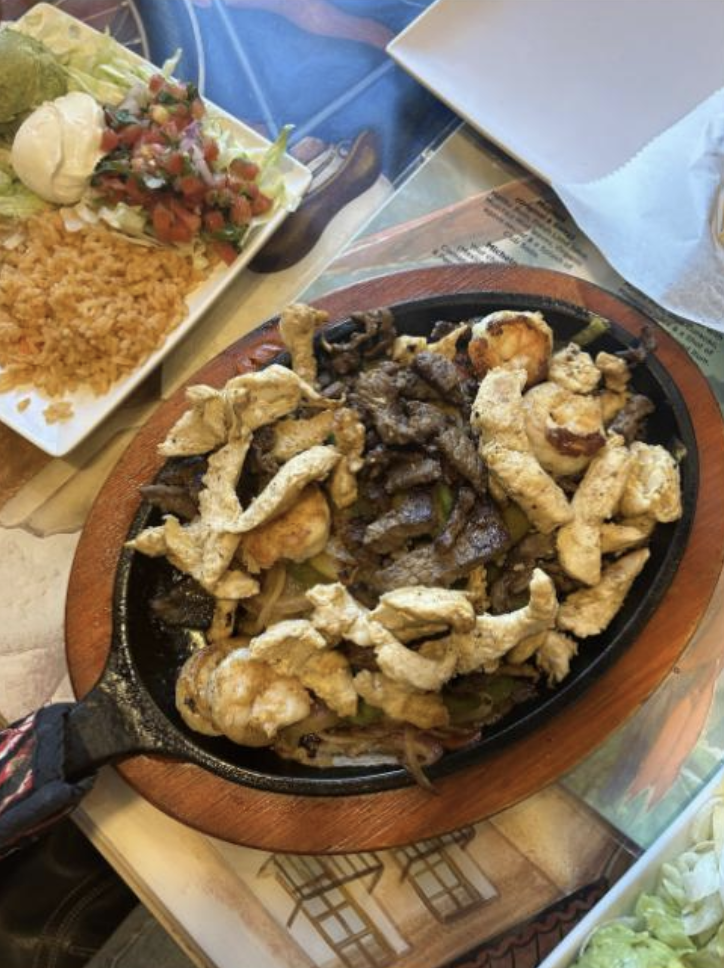A webinar, “Black Women & Democracy: An Intergenerational Conversation,” was hosted on Zoom Thursday, March 6, 2025, by the Department of Women’s, Gender, and Sexuality Studies of Wake Forest University. It featured Christina Greer, associate professor of Political Science at Fordham University and author of “How to Build a Democracy,” Makeen Zachery, founder of media platform Blk Girl Culture and Joy Davis, a multidisciplinary scholar and adjunct professor at Wake Forest.
The discussion revolved around Black women’s ongoing and intersecting struggles within the framework of democracy, their phased achievements, evolving roles and introspection. The seminar underscored the intergenerational wisdom and collective call to action of this specific community.
“It is an honor to contribute to the collective work of Black feminist intellectuals,” Davis said. “I’m firm in my belief that women deserve to live wild yet soft, brilliant yet bold.”
Greer described Black women as the “canaries in the mine.” She reflected on the enduring role Black women played to shape American democracy. Citing historical figures such as Fannie Lou Hamer and Barbara Jordan, she emphasized the importance of recognizing the contributions of Black women both within and outside traditional electoral politics.
Greer discussed the legacy of Stacey Abrams, describing how the political organizer’s impact on the 2020 presidential election and the Georgia Senate race should be remembered. She wanted the story that Abrams “helped deliver Joe Biden to the White House” to be in print. Greer stated that “fewer and fewer people know the contributions of Stacey Abrams because she didn’t ‘win’” as people get farther and farther away from Abrams’s first big run in 2018.
“As we zoom out and try to contextualize the moment we’re in, we’ve always been at this moment where Black women have had to fight to sort of get our voices to the top of the table,” said Greer, “Now we tell people what’s ahead. We show them the documents that are: ‘hey, you’re in danger, girl; America, you are in danger.’ We keep telling you, because if it’s a recession for you, it’s a depression for us.”
Zachary sees the internet as a good archive for “picking up those pebbles left behind,” taking people to the grassroots and informing people of their future next steps about the “histories we don’t give enough credit to.” She highlighted the significance of community-building and digital spaces as tools for political education and organizing. She shared how her platform, Blk Girl Culture, bridges generational gaps by fostering conversations around activism and social justice.
Greer perceived the resistance to the Black women’s movement, including setbacks from the inside, because “you don’t have to be a man to subscribe to patriarchy.” She admitted this is where their feminism and sisterhoods had fallen apart at times and continuously.
Zachary also shared her concerns about widespread fatigue, not just among white allies but also among Black women, who have voiced exhaustion since 2020. While she believed Black women would never stop fighting, she wondered how this fatigue will manifest, especially when it feels that the mission keeps losing. She appreciates Greer’s point that meaningful work and change are still happening, even if major victories aren’t always achieved.
Greer found hope in the “micro-happiness” of the dedication of young people to activism. She emphasized the importance of learning from history to build effective coalitions and avoid past mistakes.
“This is a marathon, not a sprint, and I think Black people are accustomed to a marathon,” Greer said.
She stressed the growing recognition among younger generations that rest is essential to sustaining activism, contrasting it with past generations who worked themselves to exhaustion. Citing Black women in history who died young due to relentless labor, she underscored the importance of self-preservation in the fight for democracy.
Ultimately, she argued that Black women cannot be solely responsible for upholding democracy and called for others across racial, ethnic and gender lines to share the burden, as relying solely on Black women is not a sustainable strategy.
The discussion also pointed out the importance of connecting with older generations to gain wisdom while simultaneously leveraging technology to mobilize younger audiences.
“I joined my block association in Brooklyn,” Zachary shared. “It’s me and all these older ladies who’ve lived on the block for 50-plus years. I’ve learned a lot about local politics outside just mayoral races.”
Kelis Johnson, a research associate at the Melman School of Public Health at Columbia University working specifically on Beauty Justice for Black women, raised a question during the Q&A session of the webinar, seeking advice as a 22-year-old Black woman on where her path should go.
Greer suggested young women in their 20s to “work really hard,” because 20s are “cheap, like roses.” She believed that while challenges may feel new to individuals, they are not new to the country. Surrounding oneself with a diverse group of people, not just professional peers, helps maintain balance and perspective. Ultimately, success is about these deep connections and contributions, rather than just career achievements.
“At the end of the day, it’s really about building substantive relationships with your family and friends and asking yourself, what did I contribute to my community?” Greer said. “If you can constantly check in with yourself and be happy with what that answer looks like while maintaining really solid friendships—because those friends are going to become family. As you lose family members as you get older, that’s kind of the North Star, [everything else] just falls into place.”
















